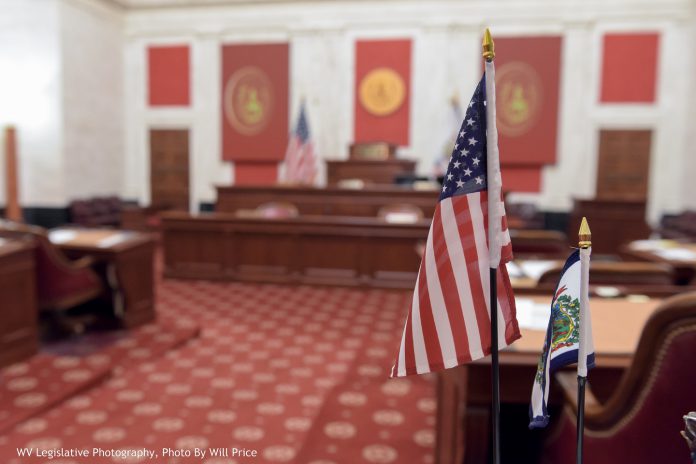As of 4 p.m. Wednesday, March 30, 2005, the 50th day of the Regular Session, 197 Senate bills have passed the Senate and have been sent to the House for its consideration. Ninety-five bills have passed the Senate since March 16 and some of these include:
Senate Bill 245 would limit large contributions and limit campaign expenditures and also require independent expenditures to include a clear obvious public notice which identifies the name of the person paying for the expenditure and states that the communication is not authorized by the candidate or his or her committee. The bill also would prohibit any individual, committee, association, political organization or any other organization or group of individuals, who have received any payment from a corporation to make any payment for the costs of producing and airing election communication. Political organizations or political action committees, except for a political committee of a candidate or a political party, that participate in either clearly supporting the election or defeat of a clearly identified candidate for statewide office or the Legislature would be prohibited from accepting contributions of more than $1,000 from a single source, political committee or political party.
Senate Bill 290 would require each county’s board of education to hold public hearings to discuss implementing school uniforms. The counties would not be required to enforce uniforms in pubic schools, but rather summarize the comments received during the public hearing and submit the report to the Legislative Oversight Commission on Education Accountability.
Senate Bill 418 would eliminate unfair court claims filed by third parties in the state court system against insurance companies and expand funding and powers for the Office of Consumer Advocacy. The bill also would provide remedies for third parties by allowing them to appear before the Insurance Commissioner and provide more penalties for unfair claim settlement practices. Insurers would be limited in the expenses included in base rates and certain insurers would be required to provide biannual rate filings.
Senate Bill 439 would allow the Regional Solid Waste Authority to designate an exemption from certificate of convenience requirements for certain county or regional solid waste motor carriers in counties where the population has increased by 15 percent or more as shown in the 2000 state census. The vehicles and drivers would be subject to the safety and insurance rules of the Public Service Commission, and the vehicles would be required only to collect and transport solid waste.
Senate Bill 455 would authorize the Public Service Commission to consider and issue a “financing order” to certain electric companies to permit emission control facilities at West Virginia’s electric generating facilities.
Senate Bill 526 would allow a personal income tax credit for taxpayers who contribute to community foundations. A taxpayer would be allowed a credit of 50 percent of the amount the taxpayer contributes during the taxable year to an endowment fund of a community foundation, if the contribution to the foundation is tax deductible for the taxpayer under the Internal Revenue Code.
Senate Bill 603 would provide flexibility measures for West Virginia University and Marshall University to work together more efficiently. The bill would allow electronic payments to the state from both schools, allow the State Commission on Higher Education to transfer the title for certain property to each school’s board of governors and also require both schools to implement a policy for course credit earned at a community and technical college transfer for program credit at any other state institution of higher education.
Senate Bill 616 would award legislative members and legislative employees in other states the same legislative priority privileges which members of the West Virginia Legislature and legislative employees enjoy, only if those other states award West Virginia Legislature members and staff the same priorities.
Senate Bill 638 would give the Secretary of State the authority to publish in state newspapers the names of any candidate, financial agent or treasurer of a political party committee who fail to file campaign finance reports in a timely manner.

